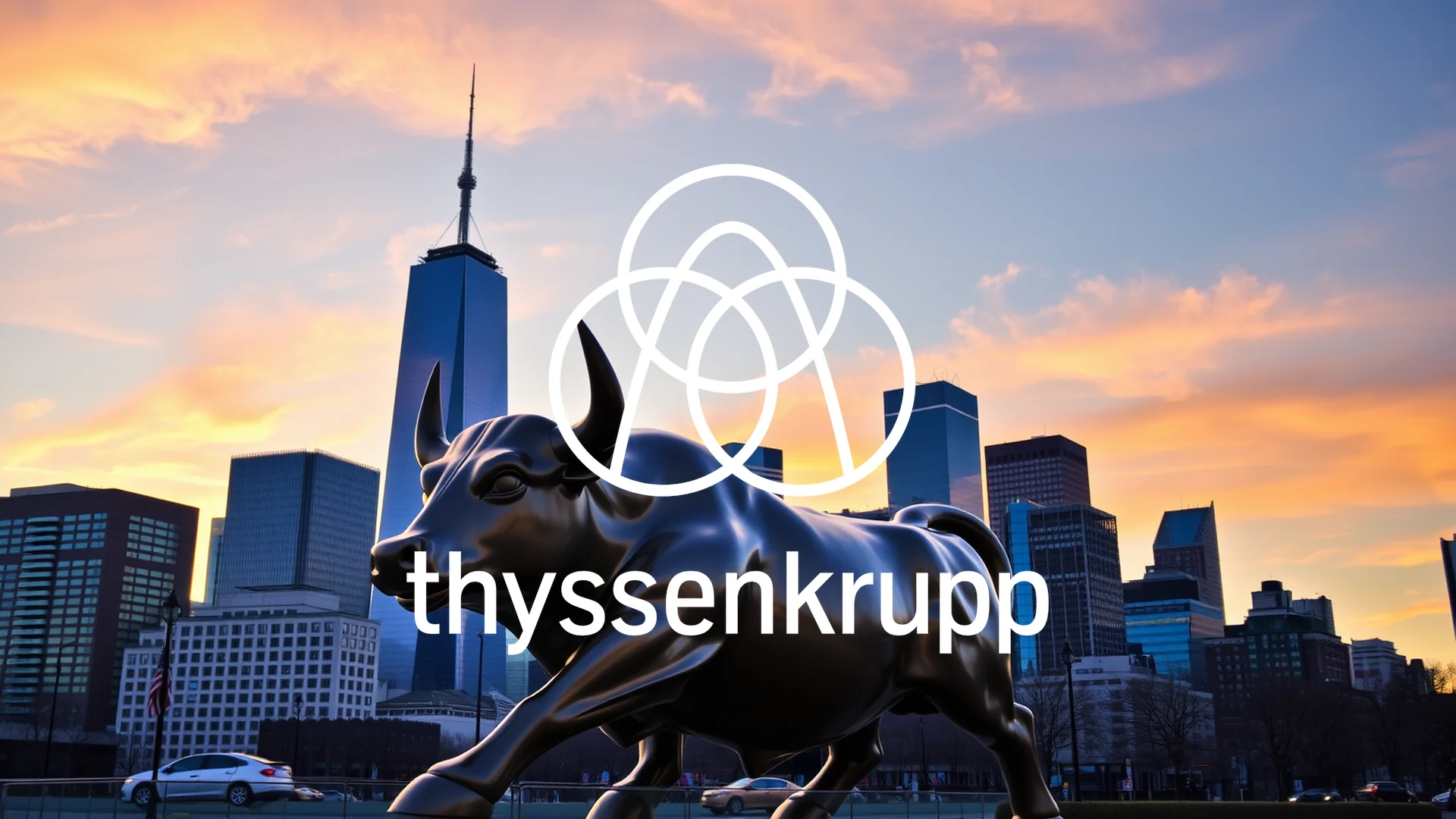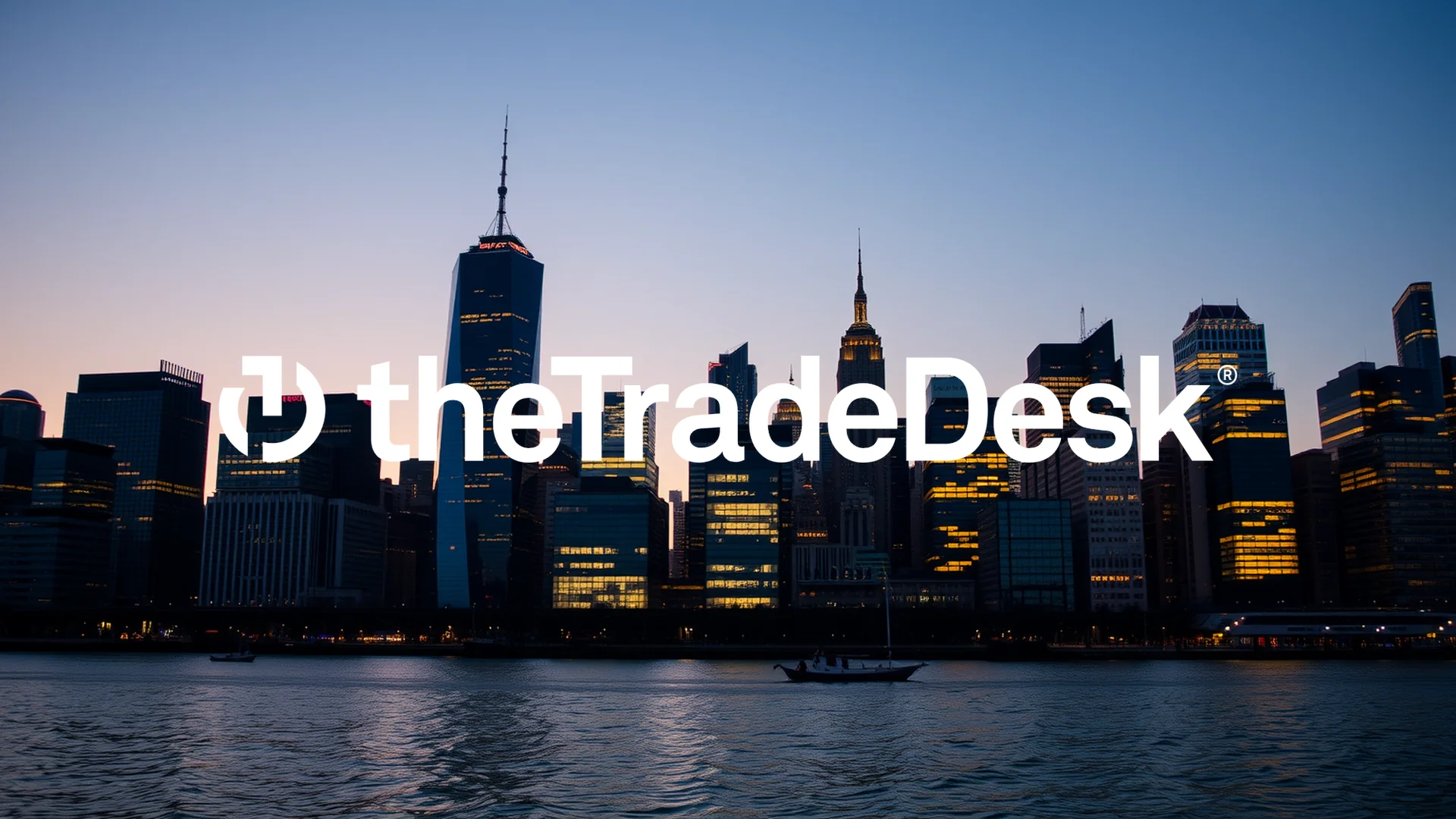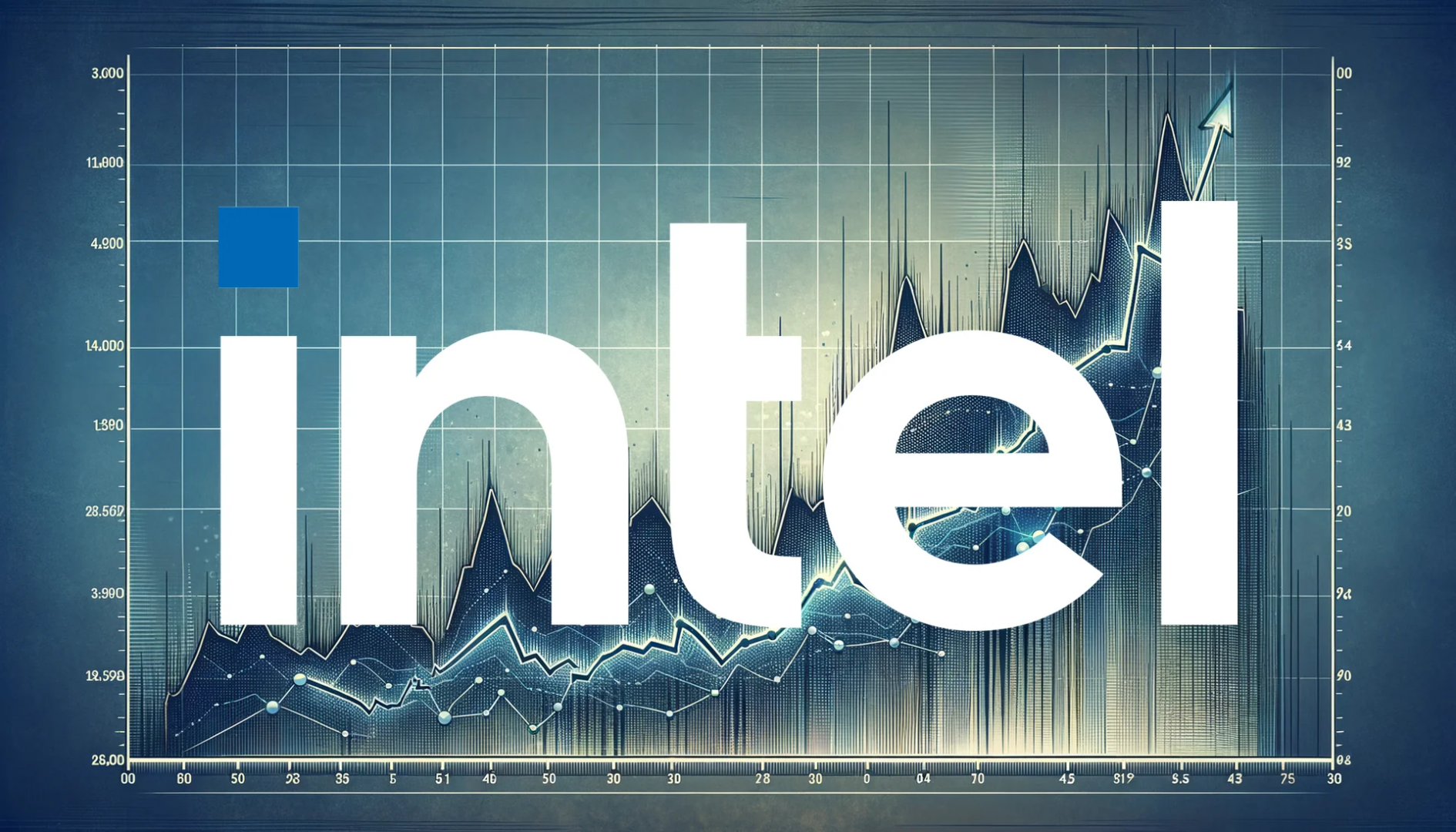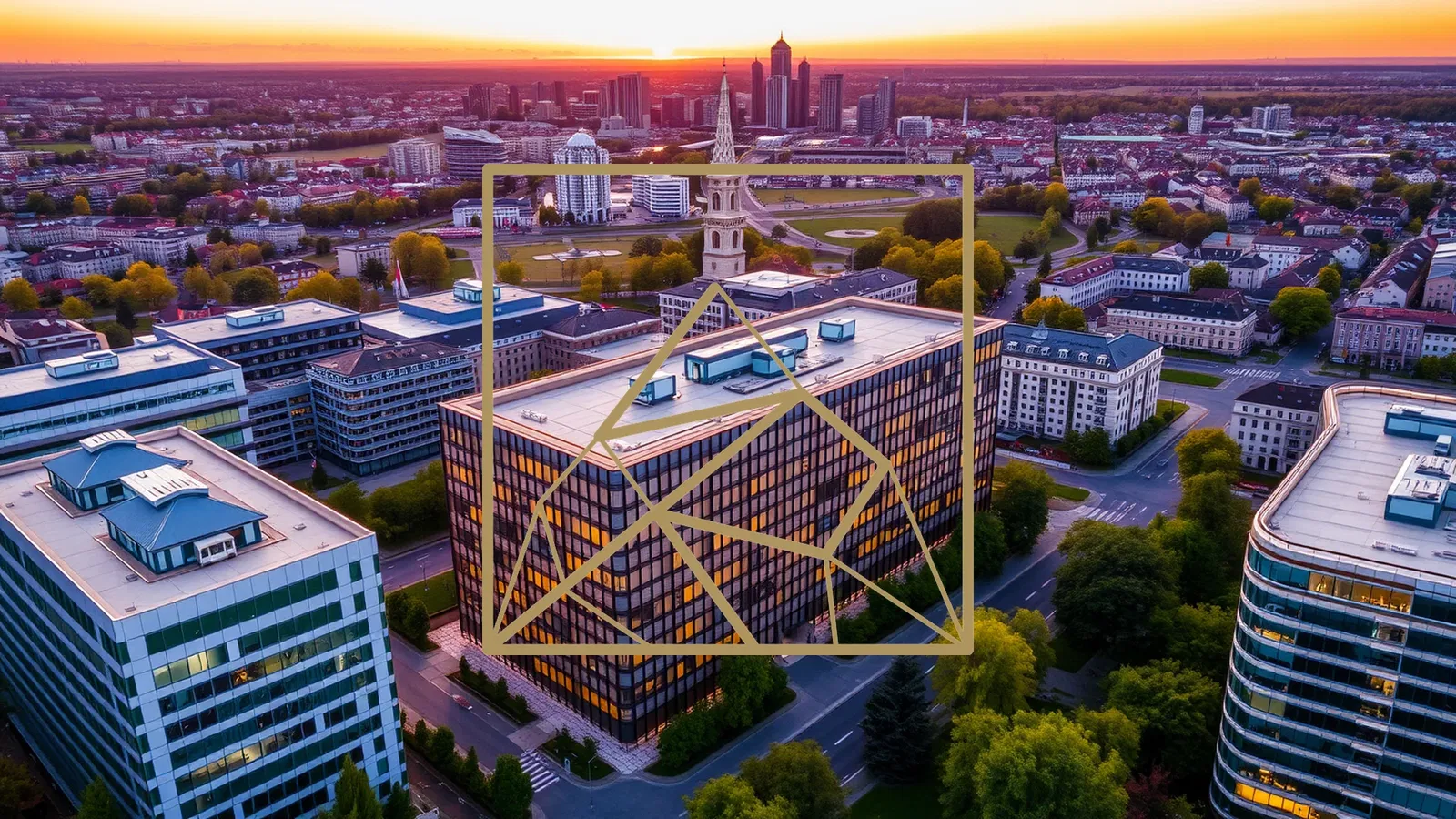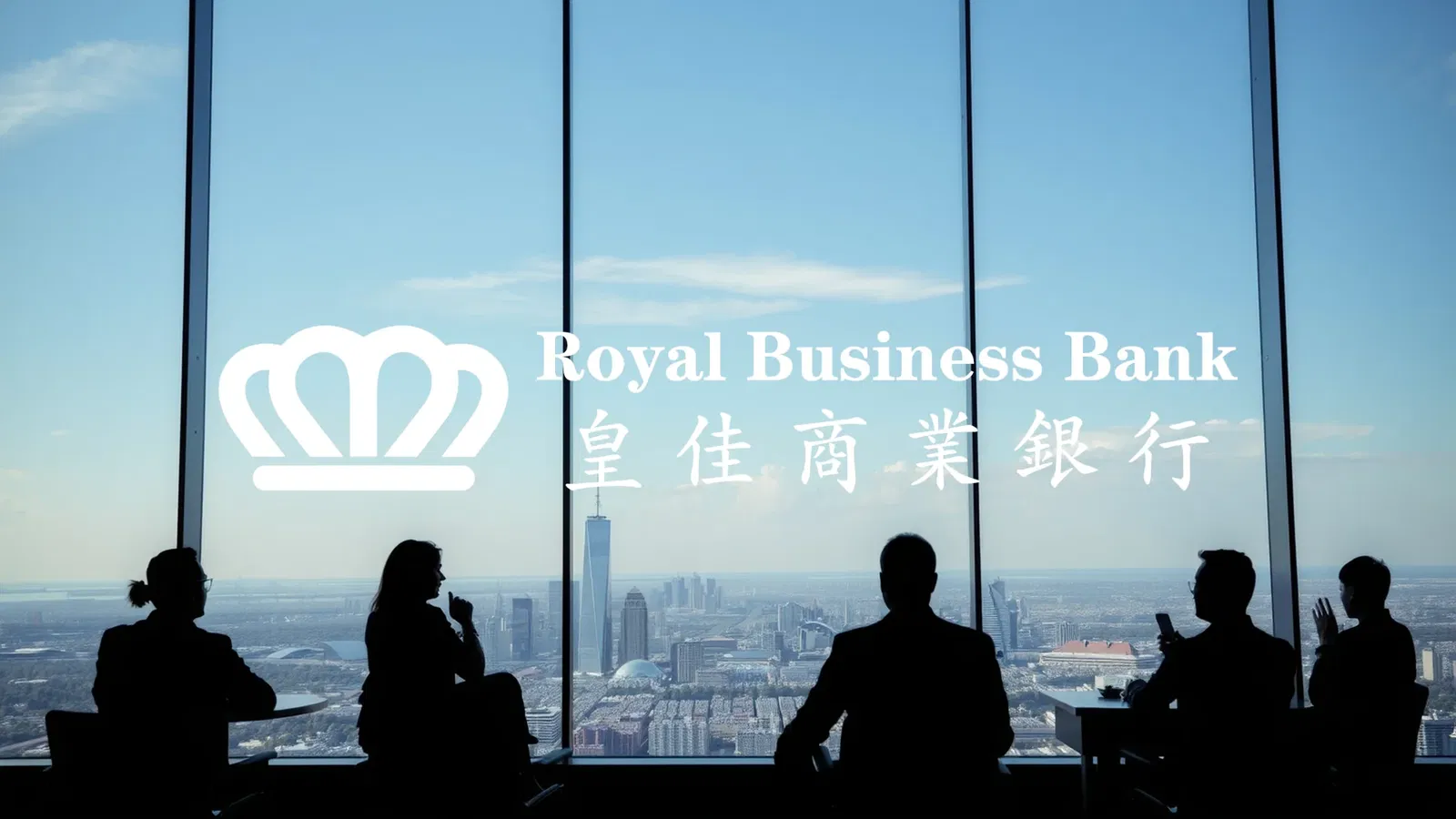Thyssenkrupp has suffered a significant strategic defeat after Norway selected British defense contractor BAE Systems for a major naval contract, dealing a blow to the German industrial group’s restructuring plans. The multi-billion euro project for modern frigate construction represents a substantial missed opportunity that comes at a particularly challenging time for the company’s corporate development.
Norwegian Navy Selects British Partnership Over German Bid
In a decisive move that underscores the competitive nature of defense contracting, the Norwegian government has awarded its substantial naval modernization program to UK-based BAE Systems. The contract, valued at approximately €11.5 billion, covers the construction of five to six advanced frigates for the Norwegian Navy.
Norwegian officials cited strategic partnership considerations in their decision, noting Britain’s status as a key NATO ally and the superior capabilities of the British proposal. The rejection represents a notable setback for Thyssenkrupp Marine Systems (TKMS), which had competed vigorously against several international contenders, including French and American defense firms, for what stands as Norway’s largest military procurement initiative to date.
Critical Timing for Corporate Restructuring
The contract loss occurs during a pivotal period in Thyssenkrupp’s corporate timeline. The company is currently preparing to separate its naval division through a spin-off process that represents a cornerstone of its broader strategic reorganization. The Norwegian contract would have provided substantial momentum for TKMS as an independent entity, potentially enhancing its valuation ahead of a planned public listing.
Key implications of the lost contract:
Should investors sell immediately? Or is it worth buying Thyssenkrupp?
• Financial value: €11.5 billion in potential revenue
• Project scope: Construction of 5-6 modern naval frigates
• Operational impact: Several years of production security
• Strategic significance: Would have reinforced TKMS’s European market leadership position
• Corporate timing: Occurs during critical spin-off preparation phase
Hydrogen Division Success Provides Limited Consolation
In a contrasting development, Thyssenkrupp’s hydrogen subsidiary Nucera has secured preferred supplier status for a major electrolyzer project in Australia. The initiative, focused on green iron production, represents another multi-billion euro opportunity and strengthens the company’s positioning within the decarbonization sector.
However, this positive development in the hydrogen business unit has been largely overshadowed by the naval contract disappointment. Market attention remains focused on the immediate implications for Thyssenkrupp’s separation plans, with investors expressing concern about the short-term outlook for the marine division’s standalone prospects.
Strategic Questions Emerge Regarding Spin-Off Viability
The failed bid raises fundamental questions about TKMS’s competitive positioning in the global defense market. Analysts are examining whether the division’s existing project pipeline contains sufficient momentum to attract investor interest during the anticipated initial public offering. Additionally, management must address whether valuation expectations remain realistic without the substantial revenue stream that the Norwegian contract would have provided.
While Thyssenkrupp leadership maintains commitment to the separation strategy, this development highlights the inherent volatility in defense contracting. The company’s growth narrative in this sector now faces increased scrutiny as it navigates unpredictable competitive challenges in the global naval market.
Ad
Thyssenkrupp Stock: Buy or Sell?! New Thyssenkrupp Analysis from February 8 delivers the answer:
The latest Thyssenkrupp figures speak for themselves: Urgent action needed for Thyssenkrupp investors. Is it worth buying or should you sell? Find out what to do now in the current free analysis from February 8.
Thyssenkrupp: Buy or sell? Read more here...

